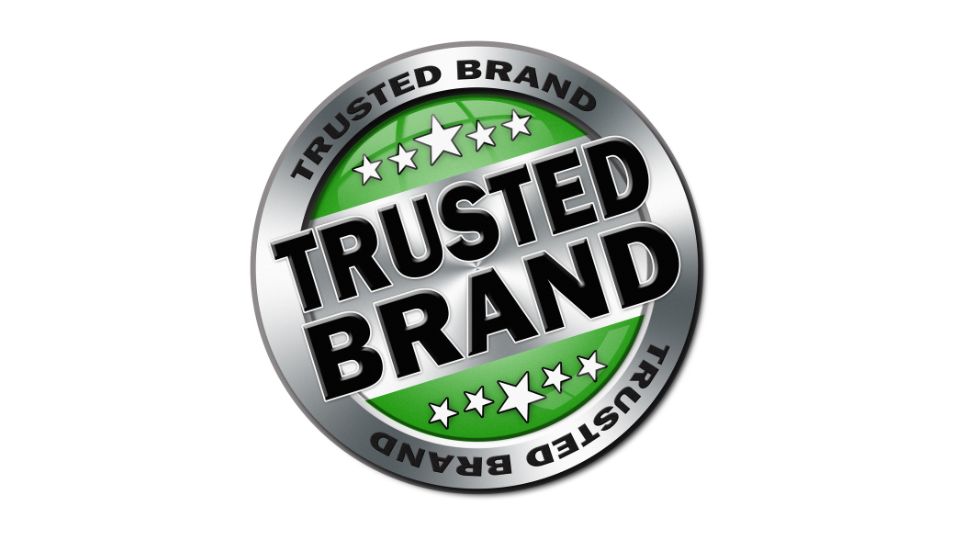In the ever-evolving world of marketing, building brand trust has long been regarded as a key element of success. However, recent research challenges the conventional understanding of measuring brand trust.
Australia’s Fifth Dimension Research and Consulting delved into the nature of brand trust, revealing that it might not be the robust predictor of consumer behaviour or share of spend that it was once thought to be.
The study highlighted when consumers are asked about brand trust, they interpret the question differently based on their mindset. For 60% of respondents, trust relates to a brand’s capability to deliver on promises, while the remaining 40% focus on ethical behaviour and honesty. Understanding these distinct aspects of trust is vital for crafting a comprehensive brand strategy that resonates with consumers on multiple levels.
They found:
- If a respondent thought the brand trust question was asking them to rate the brand capability, they were 30% more likely to say they trusted a brand.
- But if a respondent thought the brand trust question was asking them to rate the brand character, they were 88% more likely to say they distrusted a brand.
- One-third of distrust was based on distrusting brands in general, and not the brand the respondent was rating.
- Consumers regularly buy from brands they say they don’t trust.
- Unprompted trusted brands are the most salient, not the most trusted overall.
By focusing on meeting consumers’ needs better than competitors and identifying metrics that accurately predict consumer behaviours, brands can craft targeted and effective marketing campaigns.
Trust has always been a key component of a successful brand. Brands have usually tried to measure it as part of brand tracking, but it can be difficult to ask questions of consumers that reveal stuff they are not always conscious of. Our #WhatBrandsDo initiative supports any analysis that encourages and drives a focus on consumers and more effective brand building. It is essential to the science (and art) of consumer-led brand growth that we understand how brands work. This research gives us some interesting fresh perspectives on behaviour and its link to trust. It challenges previous approaches. It also highlights a changing dynamic – the need for a brand to deliver against product promises and the need for consumer to trust the brand. Full stop. Fascinating, and the start of further work we suspect.
In the British Brands Group’s “Consumer Trust in Brands” white paper, More Gain Solutions developed a brand trust model which drew the same distinction between ‘competence’ and ‘benevolence’ identified by 5D, breaking each down into further component parts. The white paper also features original research from Europanel on whether trust matters and an analysis from Europe Economics on how trust fits within the economics of brands.
You can download the white paper here

